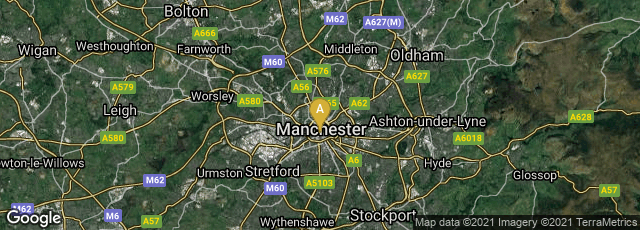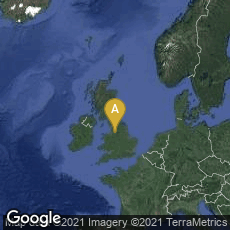

A: Manchester, England, United Kingdom
"After the end of the Napoleonic Wars in 1815 there was an acute economic slump, accompanied by chronic unemployment and harvest failure, and worsened by the Corn Laws, which kept the price of bread high. At that time only around 11% of adult males had the vote, very few of them in the industrial north, which was worst hit. Reformers identified parliamentary reform as the solution and a mass campaign to petition parliament for manhood suffrage gained three-quarters of a million signatures in 1817 but was flatly rejected by the House of Commons. When a second slump occurred in early 1819, radical reformers sought to mobilise huge crowds to force the government to back down. The movement was particularly strong in the north-west of England, where the Manchester Patriotic Union organised a mass rally in August 1819, addressed by well-known radical orator Henry Hunt.
"Shortly after the meeting began, local magistrates called on the Manchester and Salford Yeomanry to arrest Hunt and several others on the platform with him. The Yeomanry charged into the crowd, knocking down a woman and killing a child, and finally apprehended Hunt. Cheshire Magistrates' chairman William Hulton then summoned the 15th Hussars to disperse the crowd. They charged with sabres drawn, and between nine and seventeen people were killed and four to seven hundred injured in the ensuing confusion. The event was first labelled the "Peterloo massacre" by the radical Manchester Observer newspaper in a bitterly ironic reference to the bloody Battle of Waterloo which had taken place four years earlier" (Wikipedia article on Peterloo Massacre, accessed 6-2021).